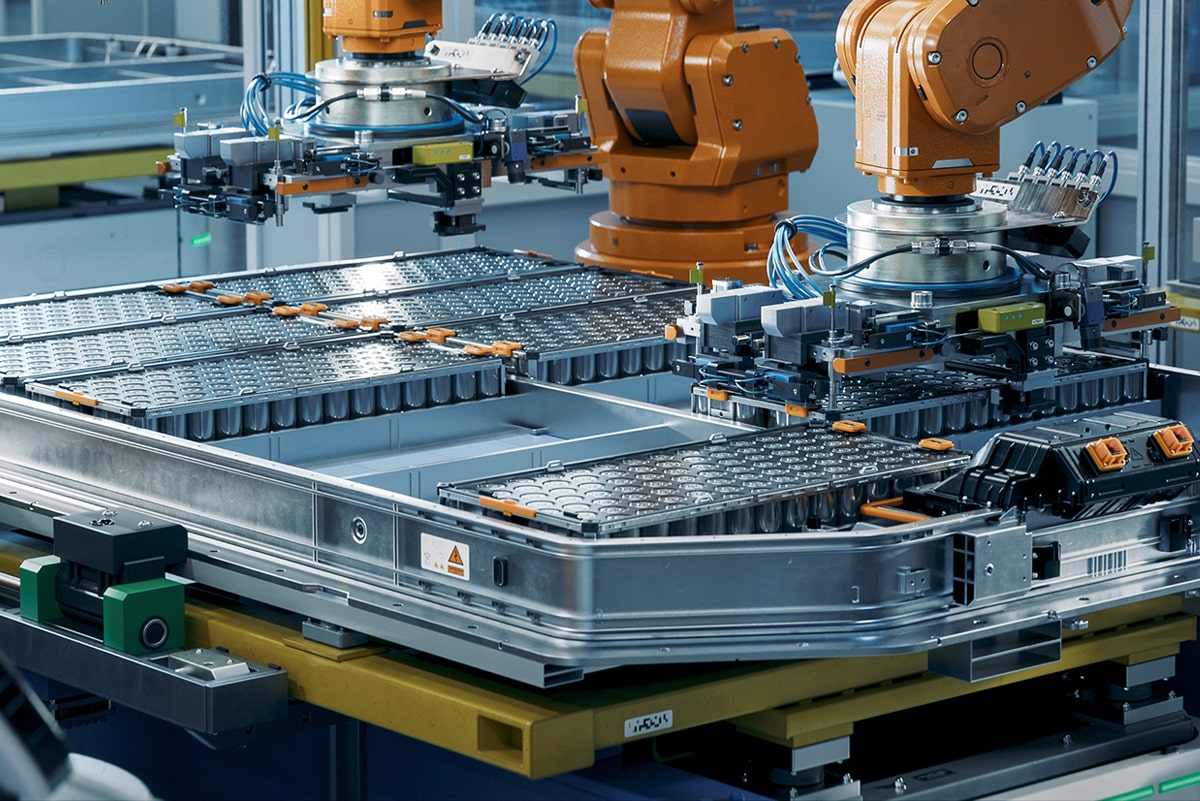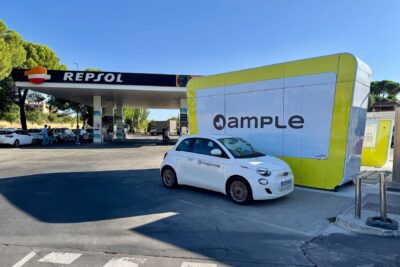
Germany’s battery researchers fear a complete funding freeze
Funding for German battery research is the responsibility of the Federal Ministry of Education and Research (BMBF). This year, the industry had to cope with a reduced budget of 155 million euros. The reason for the reduction was the ruling of the Federal Constitutional Court in November 2023 on the Climate and Transformation Fund (KTF) and the resulting need to consolidate the budget. Most of the 2024 funding pot was and will be used for ongoing projects. For example, for the establishment of the battery research production centre (FFB) in Münster. New funding applications are still possible this year – albeit to a lesser extent than before.
However, according to the Competence Network for Lithium-Ion Batteries (Klib), that will likely end in 2025. The association argues that the draft budget for 2025 and other indications all point to the fact that the ministry only plans to fund ongoing projects starting next year. According to the association, this will result in a “massive threat to the competitiveness of German industries.”
The BMBF has yet to communicate the end of battery funding. The ministry has also not yet responded to an enquiry from elective. Klib’s fears are primarily based on the federal budget plans. For this year, 20 million euros have been earmarked for new approvals, on top of follow-up funding for the coming years, as research projects are rarely single-year projects, but usually take several years. These reserved sums in future budgets are called commitment appropriations. The 2025 draft budget does include 118 million euros for battery research, but no more commitment appropriations that could guarantee the duration of new projects. Klib concludes that the €118 million will be used for funding, and new projects will no longer be approved.
“The Federal Ministry of Education and Research is cancelling publicly funded battery research in Germany. […] Only the establishment of the battery research production centre (FFB) in Münster, which has already been decided, will continue to be funded by the BMBF. The association writes that this is all the more incomprehensible as other global economic regions are massively increasing research and development in this future technology,” the association writes. The Chinese government is investing the equivalent of 750 million euros in the research and development of solid-state batteries alone, while South Korea is strengthening its already strong battery industry with the equivalent of more than 6 billion euros. “The currently planned cancellation will cause lasting damage to Germany as a high-tech location,” the association warns.
Klib had already sent an open letter to German Chancellor Olaf Scholz, Economics Minister Robert Habeck, Education Minister Bettina Stark-Watzinger and Finance Minister Christian Lindner at the beginning of the year. In doing so, the association supported the fierce protest by researchers and entrepreneurs against Germany’s electric mobility funding policy.
The association fears cancelling the research and development pipeline will dry up the source of innovations leading to industrial applications. In its view, even the exception for the FFB in Münster does not help. Because: “The FFB is thus also losing important preliminary research.” In addition to the Münster pilot project, the battery IPCEI (510 million euros) has so far also remained unaffected by the austerity policy.
The confirmed cut and the possible end of funding will hit the industry in the middle of a huge international development competition. “Examples of this are sodium-ion and lithium-sulphur batteries, all-solid-state batteries, the further development of current materials, and systems at an early stage, e.g. based on aluminium or magnesium,” says Klib. The increasingly popular LFP chemistry would also be unthinkable without research: “LFP, which was thought to be dead for use in electric vehicles, is experiencing a renaissance – thanks to continuous further development and government support in China. LFP is paving the way for cheaper electric vehicles and is increasingly becoming the focus of the German automotive industry.” However, without government support, the industry will develop elsewhere: “The BMBF’s planned exit from battery research is tantamount to giving up Germany’s technological sovereignty and competitiveness in this young industry segment.”
Source: Information by e-mail




1 Comment